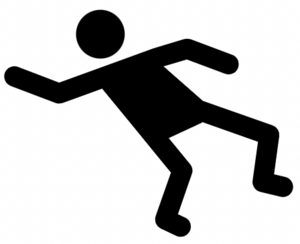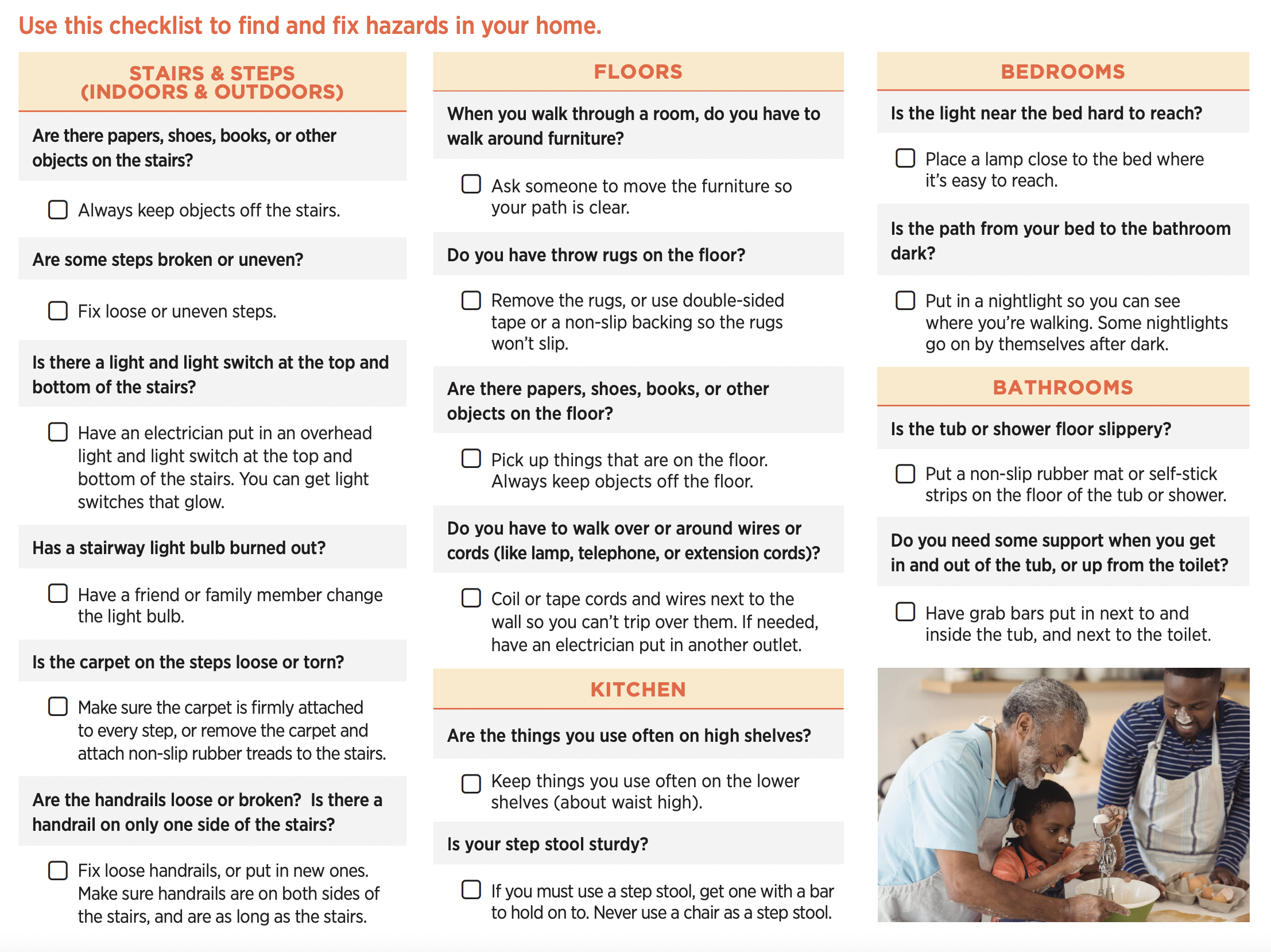Dementia Fall Risk for Dummies
Dementia Fall Risk for Dummies
Blog Article
Unknown Facts About Dementia Fall Risk
Table of ContentsThe Definitive Guide for Dementia Fall RiskThe Facts About Dementia Fall Risk RevealedOur Dementia Fall Risk IdeasNot known Details About Dementia Fall Risk Dementia Fall Risk for Dummies
The FRAT has 3 sections: fall danger condition, danger aspect list, and action strategy. A Fall Threat Standing consists of information concerning background of recent falls, medicines, psychological and cognitive status of the client - Dementia Fall Risk.If the individual ratings on a threat factor, the equivalent variety of factors are counted to the patient's autumn threat score in package to the far appropriate. If a person's fall threat rating completes 5 or higher, the person goes to high threat for falls. If the patient scores just four factors or reduced, they are still at some risk of dropping, and the nurse needs to use their finest professional evaluation to take care of all fall threat factors as component of a holistic care strategy.
These typical strategies, in basic, assist create a secure environment that minimizes unintended falls and delineates core precautionary steps for all patients. Indicators are crucial for clients at threat for falls.
The Definitive Guide to Dementia Fall Risk
For instance, wristbands need to include the patient's last and first name, day of birth, and NHS number in the UK. Details must be printed/written in black versus a white background. Only red color must be made use of to signal special person status. These referrals follow current developments in client identification (Sevdalis et al., 2009).
Products that are too far may require the client to connect or ambulate unnecessarily and can possibly be a hazard or contribute to falls. Assists protect against the person from heading out of bed with no aid. Nurses react to fallers' call lights more promptly than they do to lights initiated by non-fallers.
Visual disability can substantially create falls. Hip pads, when worn appropriately, may lower a hip crack when autumn happens. Keeping the beds closer to the flooring reduces the danger of falls and major injury. Positioning the bed mattress on the floor dramatically decreases loss risk in some health care settings. Low beds are developed to minimize the range a client falls after moving out of bed.
Facts About Dementia Fall Risk Uncovered
Individuals that are high and with weak leg muscles that attempt to rest on the bed from a standing position are most likely to fall onto the bed because it's as well reduced for them to reduce themselves securely. If a high client attempts to obtain up from a low bed without support, the person is likely to drop back down onto the bed or miss the bed and drop onto the flooring.
They're created to advertise timely rescue, not to stop drops from bed. Apart from bed alarms, increased supervision for high-risk people also may help prevent falls.

People with an evasion stride boost fall opportunities dramatically. To minimize loss risk, footwear must be with a little to no heel, thin soles with slip-resistant walk, and support the ankle joints. Encourage patient to utilize nonskid socks to avoid the feet from moving upon standing. However, motivate clients to use proper, well-fitting shoesnot nonskid socks for motion.
Some Of Dementia Fall Risk
In a research, homes with sufficient illumination record less falls (Ramulu et al., 2021). Enhancement in lights at home may lower fall rates in older adults.

Caretakers work for assuring a secure, secured, and secure setting. Studies showed very low-certainty evidence that sitters lower autumn risk in severe treatment hospitals and only moderate-certainty that options like video tracking can reduce caretaker usage without raising loss risk, recommending that sitters are not as valuable as originally thought (Greely et al., 2020).
Dementia Fall Risk Fundamentals Explained

Enhanced physical conditioning reduces the risk for falls and restricts injury that is suffered when autumn transpires. Land and water-based workout programs may be similarly useful on equilibrium and stride and consequently minimize the danger for drops. Water workout might contribute a favorable advantage on equilibrium and stride for women 65 years and older.
Chair Surge Workout is a straightforward sit-to-stand exercise that assists reinforce the muscle mass in the thighs and butts and enhances mobility and independence. The objective is to do Chair Increase workouts without utilizing hands as the customer ends up being more powerful. See sources area for an in-depth instruction on how to do Chair Surge workout.
Report this page